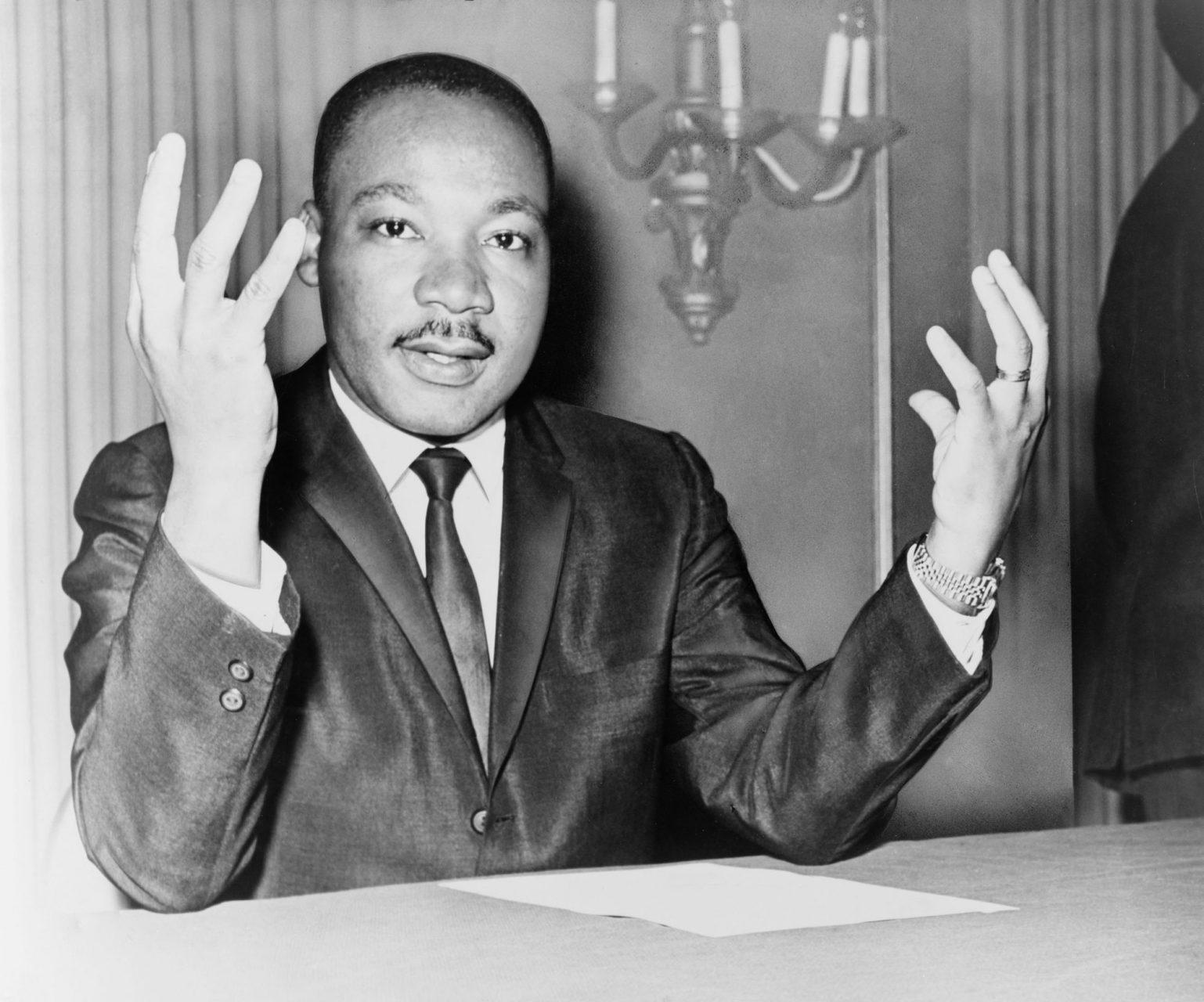In 1954, it was first established by the Supreme Court that segregation in public schools would be unconstitutional. Martin Luther King Jr. served the Civil Rights Movement by being a leading force and staunch activist until his assassination in 1968, which has impacted how society continues to fight for social justice.
Decades later, individuals still celebrate the legacy of Martin Luther King Jr. and the accomplishments of the civil rights movement by listening to influential leaders of today, actively participating in changing today’s narrative for tomorrow and spreading influence that will allow for a more inclusive future.
Katera Davis, a junior CS Information and Computer Sciences major, said, “We continue to have faces that move the movement forward like Barack and Michelle Obama, rappers and athletes. We have risen, and we are still rising up. There are still people down for the cause.”
When asked about the ways in which Appalachian State University promotes multiculturalism through its recruitment process and diversity-geared mission statement, Davis said, “It is a way for App to keep their diversity appeal, despite their lack of diversity.”
Zane Johnson, a freshman international business major, said, “Appalachian has a false sense of diversity, although they are working on it. Here in the Appalachia, there is still a level of racial segregation, although events like the MLK Commemoration do allow people of color to celebrate.”
Danielle Carter, the director of the Multicultural Student Development office, said, “It’s continuously important. We cannot forget the work of Dr. King and what happened with the Civil Rights Movement. It was not just about race; the movement was also about poverty and job creation for all people. I think it’s important to remember given the time we are in, with resources being used in the way they are, and the jobs that people are qualified to do are being.”
Appalachian State University remembered him by celebrating the 34th Annual Martin Luther King Commemoration on Jan. 17, held by the office of Multicultural Student Development. Michelle Alexander, an author, civil-rights advocate, lawyer, legal scholar and professor spoke at the event.
Alexander is the bestselling author of “The New Jim Crow,” which covers mass incarceration in America and how it has evolved in our modern society since the times of slavery. “The New Jim Crow” has been banned by the New Jersey Prison System, preventing individuals in prison from having access to the book.
“I think the thing that is most important is to look at the prison system and how it has evolved, where there is a higher percentage of African-American men in jail than white men,” Carter said. “And looking at the disparity between those two, because there are more white men in our country than there are black men. And so I think this is important to understand, the development of the prison industrial complex and how that came to be.”
Appalachian State canceled the event with Michelle Alexander on Jan. 17 due to inclement weather, with efforts to re-schedule underway.
Story by Savannah Nguyen, Intern A&E Reporter
Photo Caption: Rev. Martin Luther King during a press conference/World Telegram in 1964.

